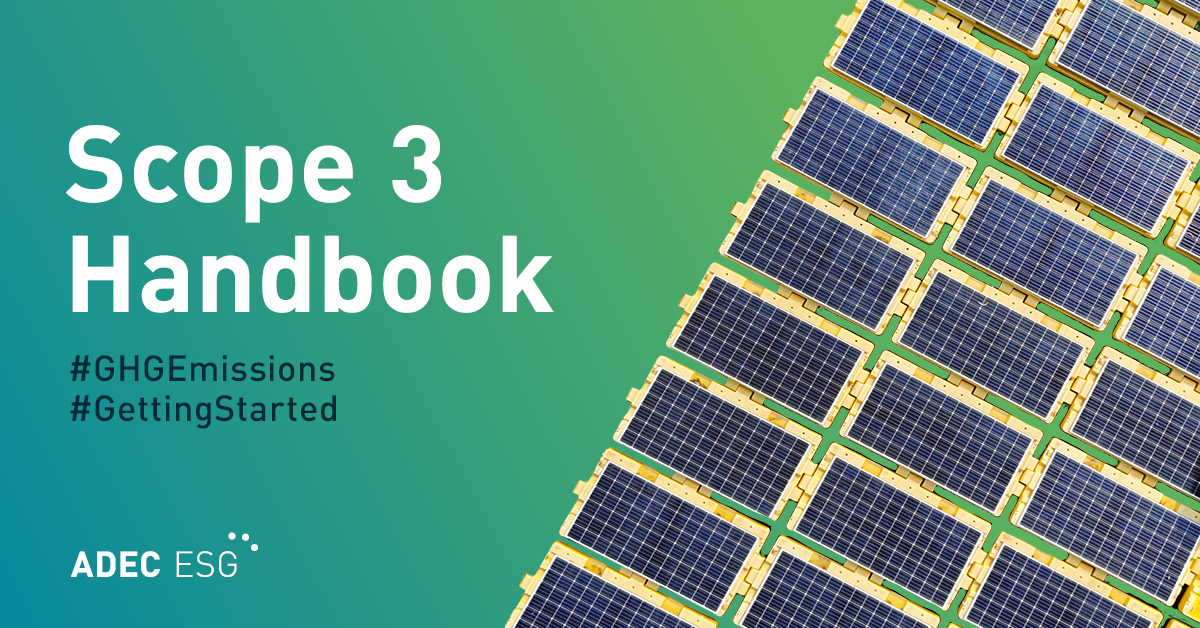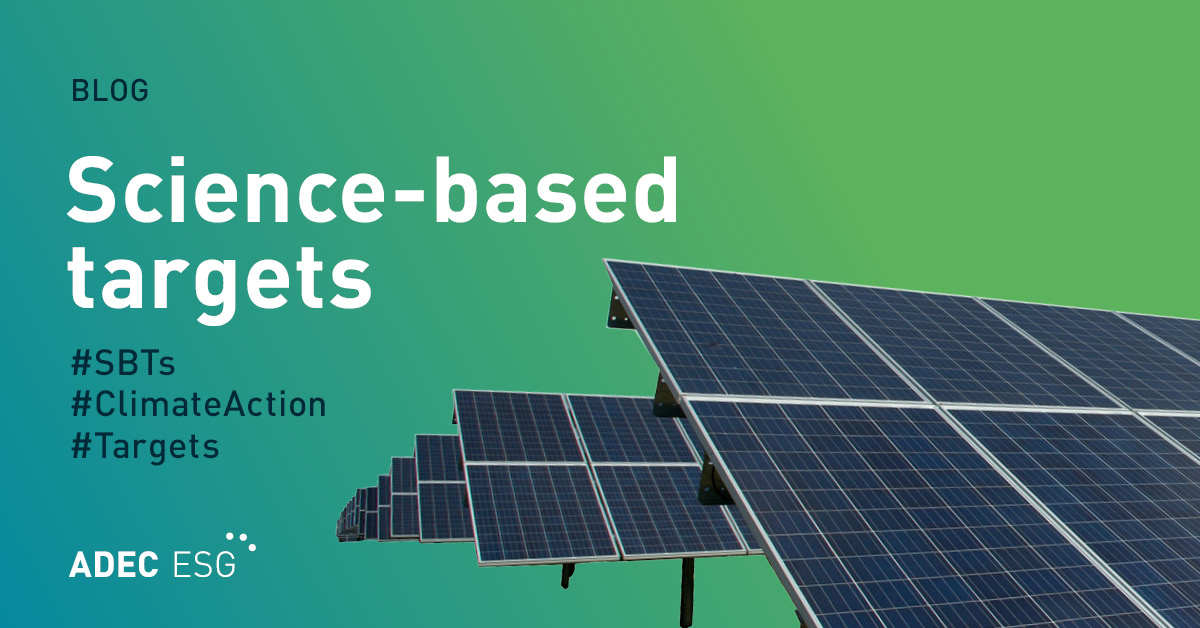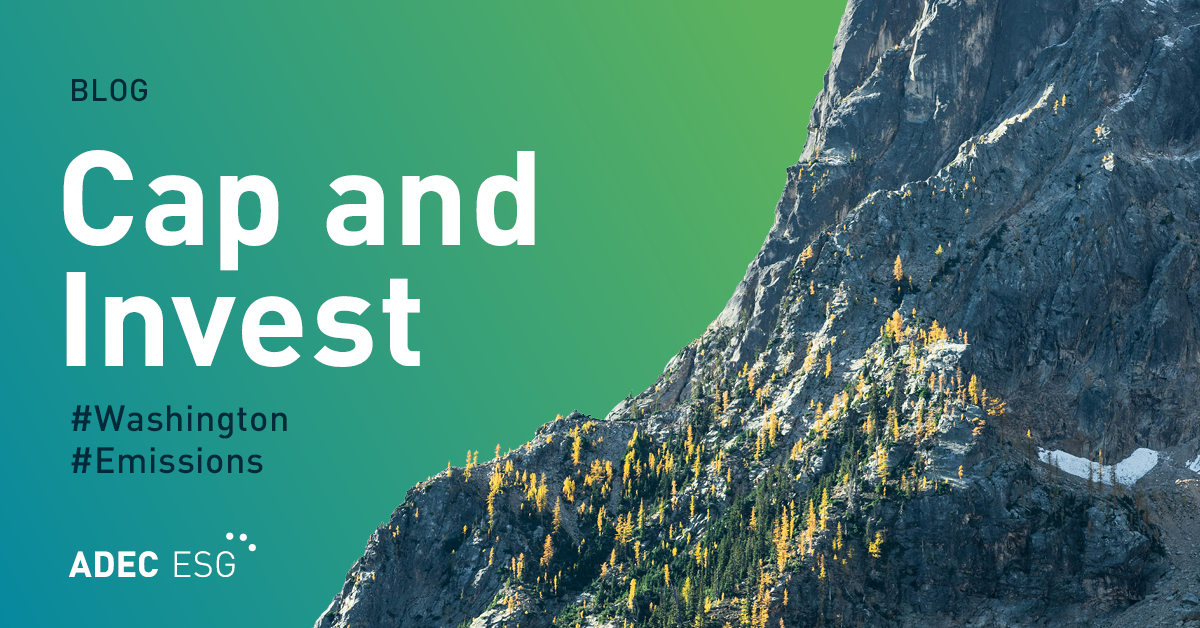Climate change and the UN’s Sustainable Development Goals (SDGs) are the new compasses for businesses, says Paul Simpson, CEO of CDP, in a new report called “Revenue at risk: Why addressing deforestation is critical to business success.” He says that addressing the impact of deforestation is “critical to delivering a sustainable post-2020 global economy” in a world of climate change.
CDP is a prominent framework for companies and cities to disclose their environmental impacts. In addition to their Climate Change and Water programs, the CDP Forests program was established in 2013 and focuses on how companies are managing and mitigating the risk associated with the sourcing or production of the four commodities most responsible for deforestation – timber products, palm oil, soy and cattle products. According to Simpson, this is the next level of disclosure. He added that businesses and disclosure is the key to achieving climate change or emissions goals set by the Paris Agreement and the SDGs.
Forests are essential allies in combating these rising emission levels and climate change. Businesses that rely heavily on commodities linked to deforestation would do well to examine their practices, or suffer the consequences from damaged supply chains and reputational risks. Though not always widely recognized, deforestation is a global climate and emissions risk. Deforestation accounts for 10-15% of global greenhouse gas (GHG) emissions. For Marfrig Global Foods, a Brazilian conglomerate, drought conditions linked to deforestation have resulted in higher operating costs and reduced production. For Wilmar International, brand value has taken a downturn as customers demand sustainable products that are traceable and not linked to deforestation. The negative impacts of unsustainable commodities are experienced up and down the supply chain.
Forest-Risk Commodities
Forests are an important element of the global carbon cycle, and a quarter of global companies’ revenues depend on four forest-risk commodities:
- Palm oil is a vegetable oil derived from the palm fruit on the African oil palm tree. Palm oil is linked to deforestation and climate change, as well as other environmental, social, and governance (ESG) issues such as habitat degradation, animal cruelty, and indigenous rights abuses. The World Wildlife Fund reports that 48 football fields’ worth of rainforest are cleared every minute for palm oil production. Palm oil accounts for 30% of the world’s vegetable oil production, which is found in 40–50% of household products in developed countries.
- Soy production and soybean cultivation has resulted in large-scale deforestation of Brazil’s Amazon rainforest. Industrial production methods and new varieties of the soybean have accelerated the pace of deforestation. As a result of forest clearing for soybean production, Brazil has become one of the largest emitters of GHGs. In spite of past measures to address deforestation, Brazil’s emissions come from industries that rely on land-use change and forestry.
- Cattle products come from cattle ranching, which occurs on over two-thirds of deforested land in the Amazon. More than 300,000 km2 of tropical forests have been cut, burned and converted to pastures. Cattle ranching is one of the largest emitters of GHGs (methane, nitrous oxide and carbon dioxide) and, when paired with burning from deforestation, the negative impacts are intensified.
- Timber products contribute to long-term carbon emissions. The world’s forests and soils can store more than one trillion tons of carbon and act as natural mitigation of GHG emissions. Forests can absorb about 10-20% of the total global emissions. Clearing trees for timber products cut this benefit short. It is unlikely for the clearing to stop, as 39% of global company revenue is dependent on timber products. Forest fires and illegal logging are some of the other climate-related risks linked to timber products.
Decarbonization and deforestation are closely linked impact challenges, a pairing that will transform the global economy for better or for worse. In the same aforementioned CDP report, Simpson declares business will be at the center of this revolution. The choice presented by the challenges is whether to seize the opportunities presented by a new world turning towards a sustainable economy, or to continue as usual and face serious risks, from regulation, shifts in technology, changing consumer expectations and climate change itself. Businesses should take heed of such a recommendation.
ADEC ESG is a leading provider of sustainability solutions, including fully-integrated industry expertise, software solutions and data management. For more information about climate-related disclosure and compliance download our white paper, Why Disclose to CDP?.




